
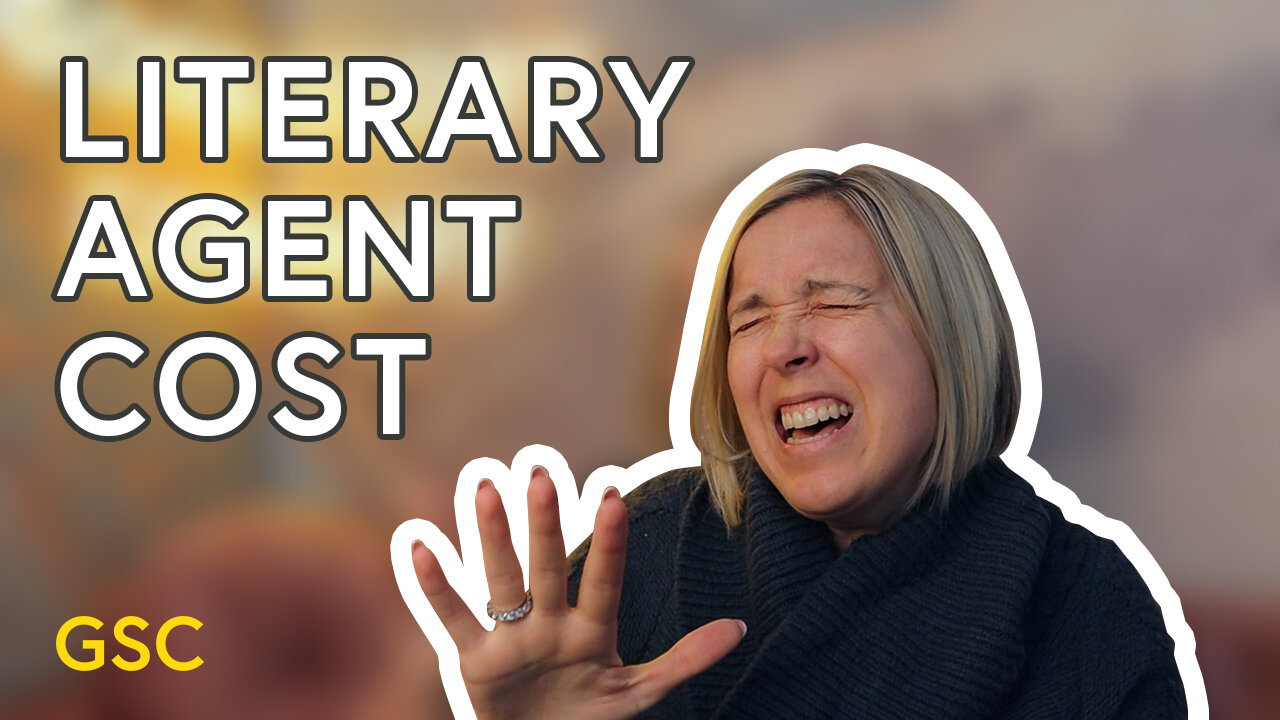
Literary Agent Cost
Get ready for some full transparency. How much an agent should be charging you, at what percentage, and when.

Presenting the Premise
A series of things happening doesn’t make a story. Without a clear premise, readers have no idea what to expect from the story or why they should keep reading. Here's how to establish your premise from the start.
Tracking Your Submissions
If you spend some time getting organized before you query, it will make tracking your submissions more productive and (hopefully) less stressful.
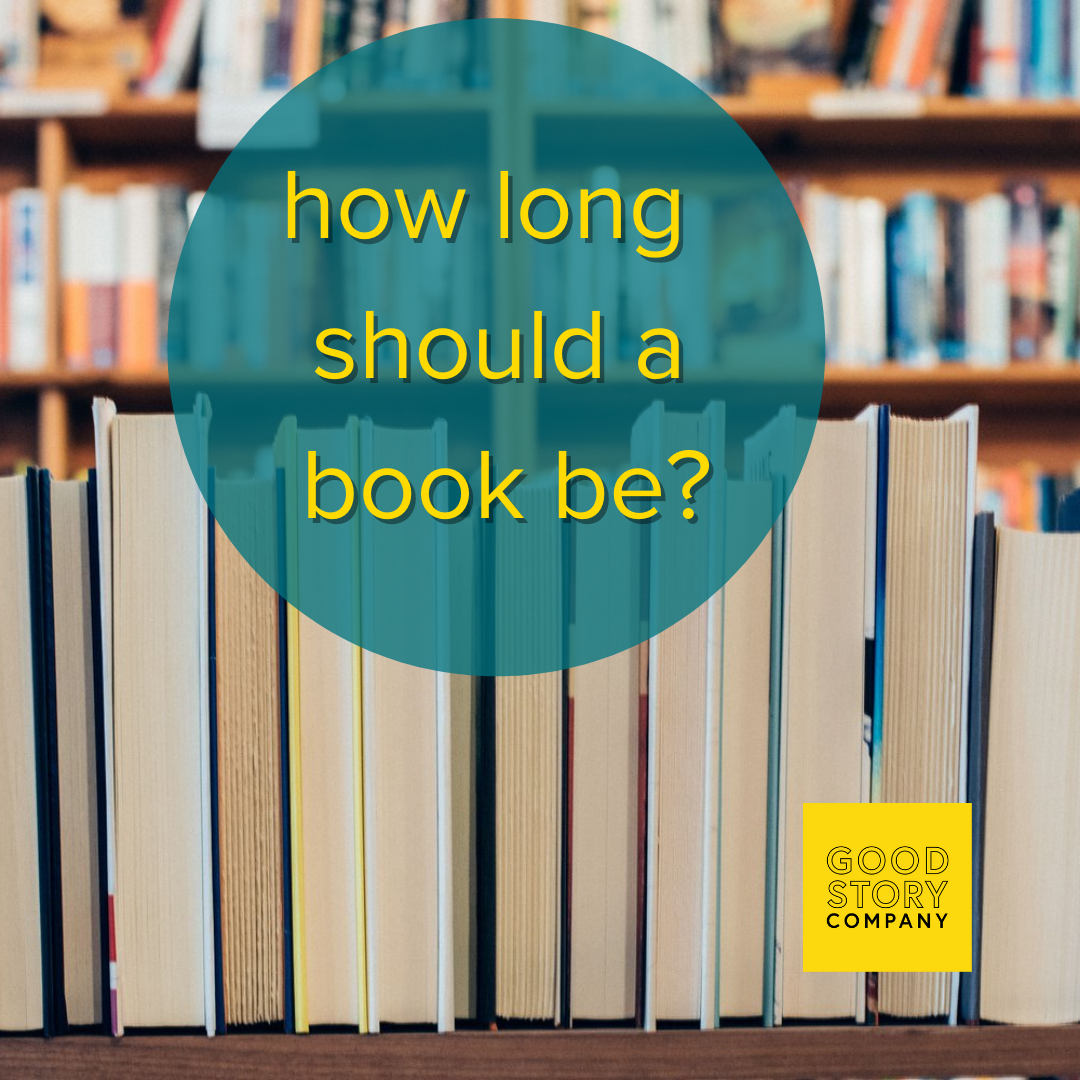
How Long Should a Book Be?
Writers have a love-hate relationship with word count. It’s one of the necessary evils we deal with to determine if a manuscript meets an acceptable published length. So how long should a book be? Here’s a guide to help you answer.
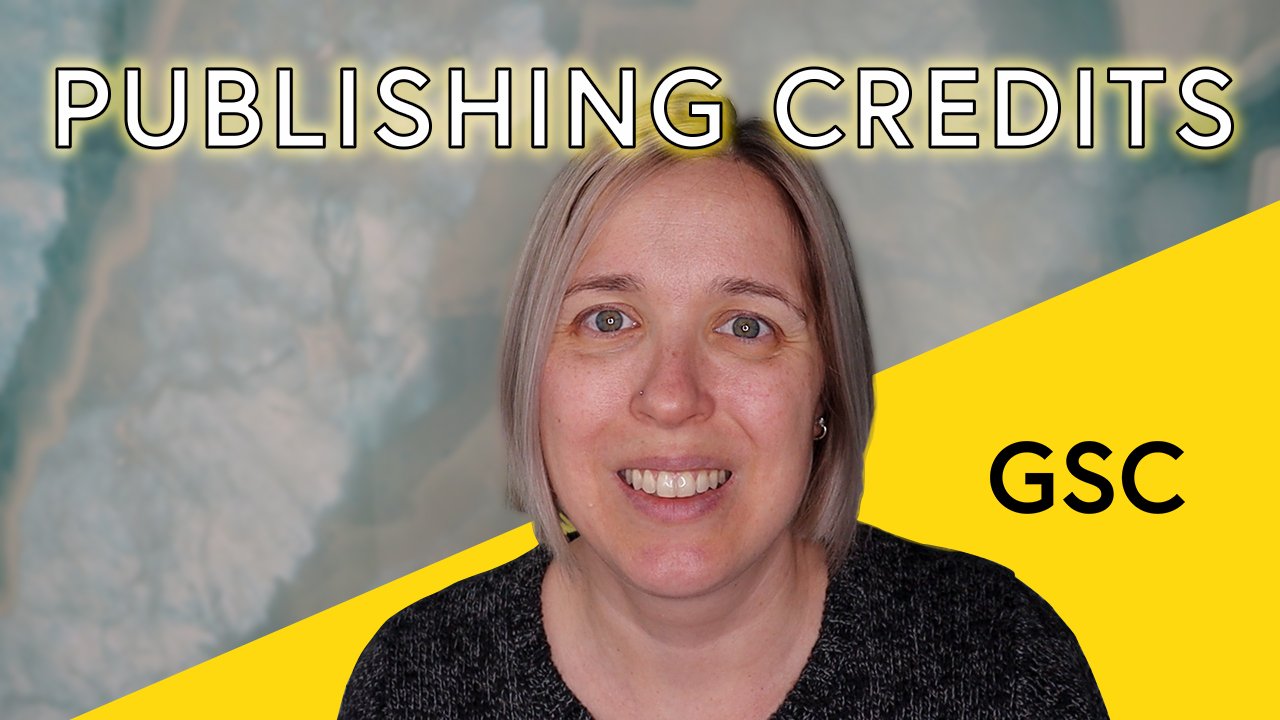
Publishing Credits
If you're a non-fiction or memoir writer, here's essential advice on how to map out your path to a book deal.
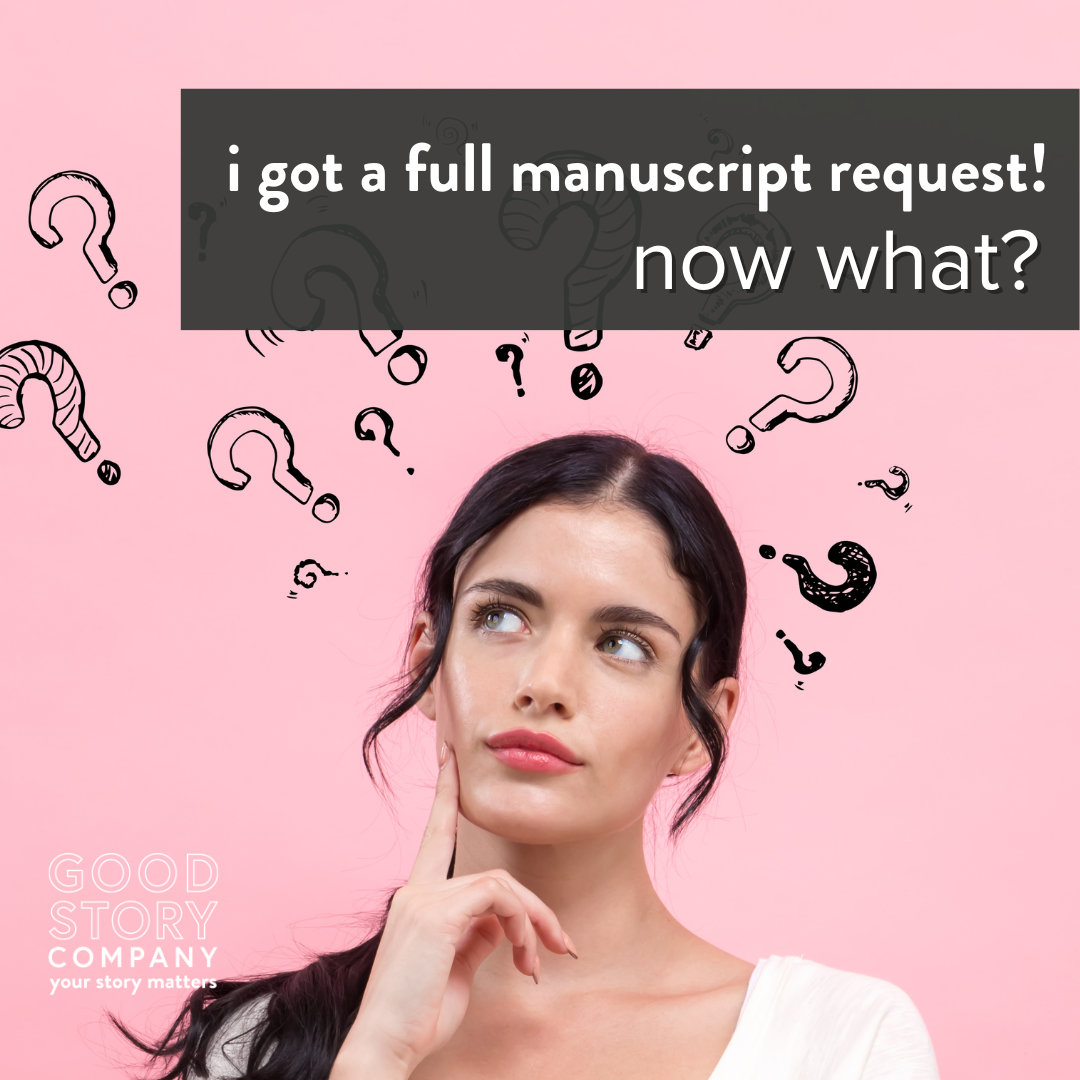
I Got a Full Manuscript Request! Now What?
You got a full manuscript request. Cue the panic. Now, how should you polish an entire novel or memoir for submission so every page sings—without wanting to gouge out your eyeballs? Follow these ten steps!

Picture Book Author Illustrator
If you’re writing a picture book, how should you handle illustrations? Let’s compare illustrating your own manuscript, finding another illustrator, or leaving it to the publisher.
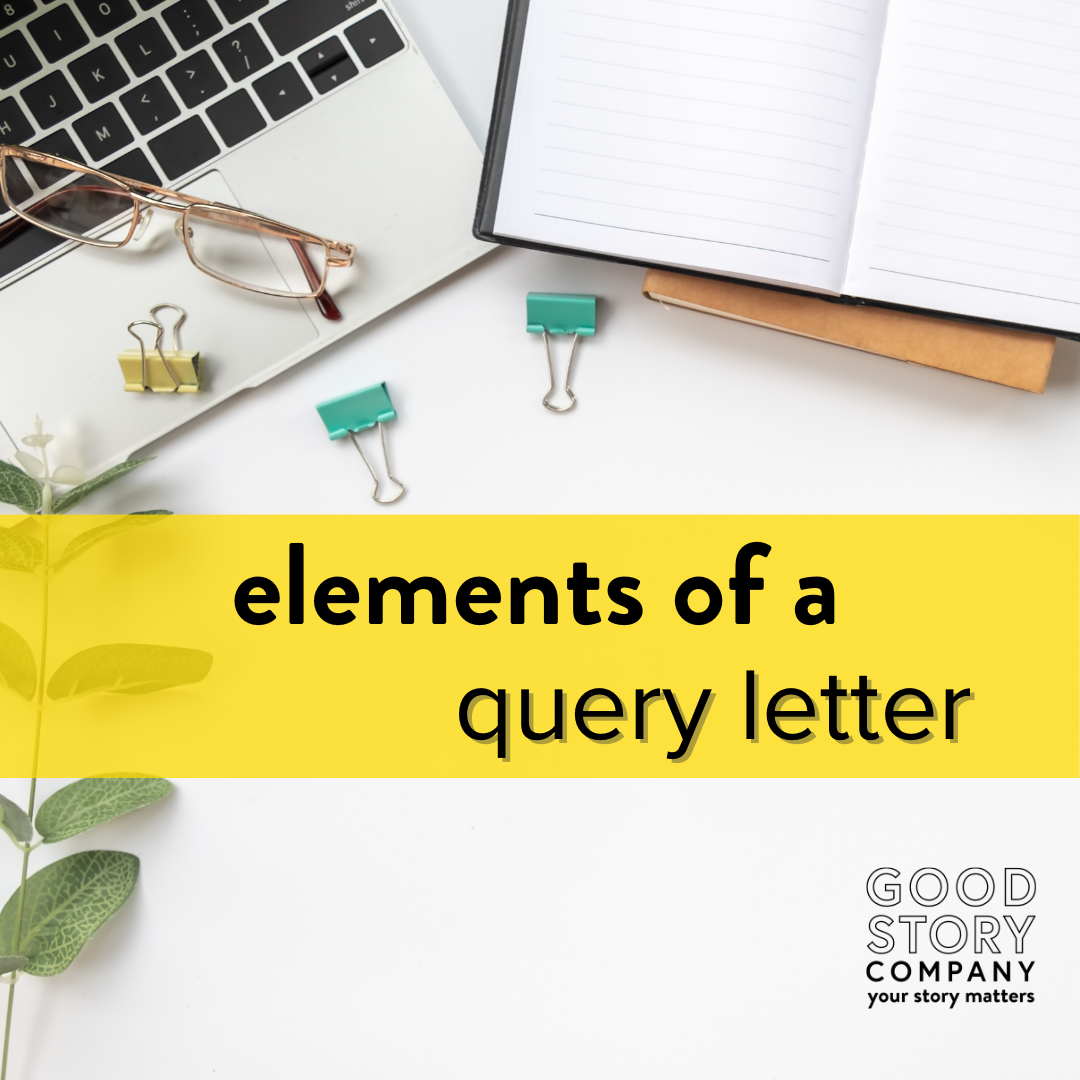
Elements of a Query Letter
One query letter sent to the right agent … and an offer of representation comes your way! Of course we writers stress about our queries. We’ve poured so much into our manuscripts, and we only get a few hundred words to pitch them! Let’s go over the elements of a query letter to improve your chances of getting that wonderful phone call one day.
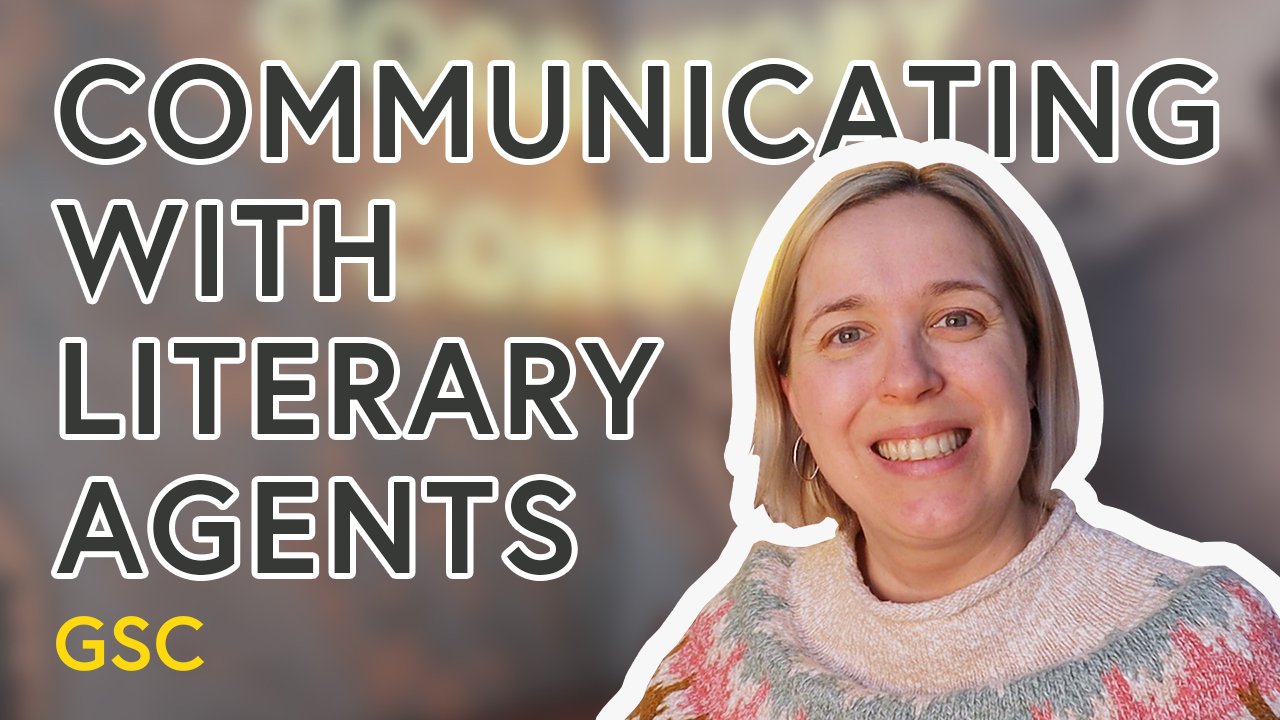
Communicating with Literary Agents
Communicating with literary agents is an important part of the querying process. Here are some communication do's and don'ts that'll give you the best shot at receiving a response to your query.

Episode 7: Jessica Brody, Author and Writing Teacher
An interview with author and writing teacher Jessica Brody, where we discuss what makes a compelling story, how to apply story structure whether you're a plotter or pantser, and tackling large-scale revisions without ripping your hair out.
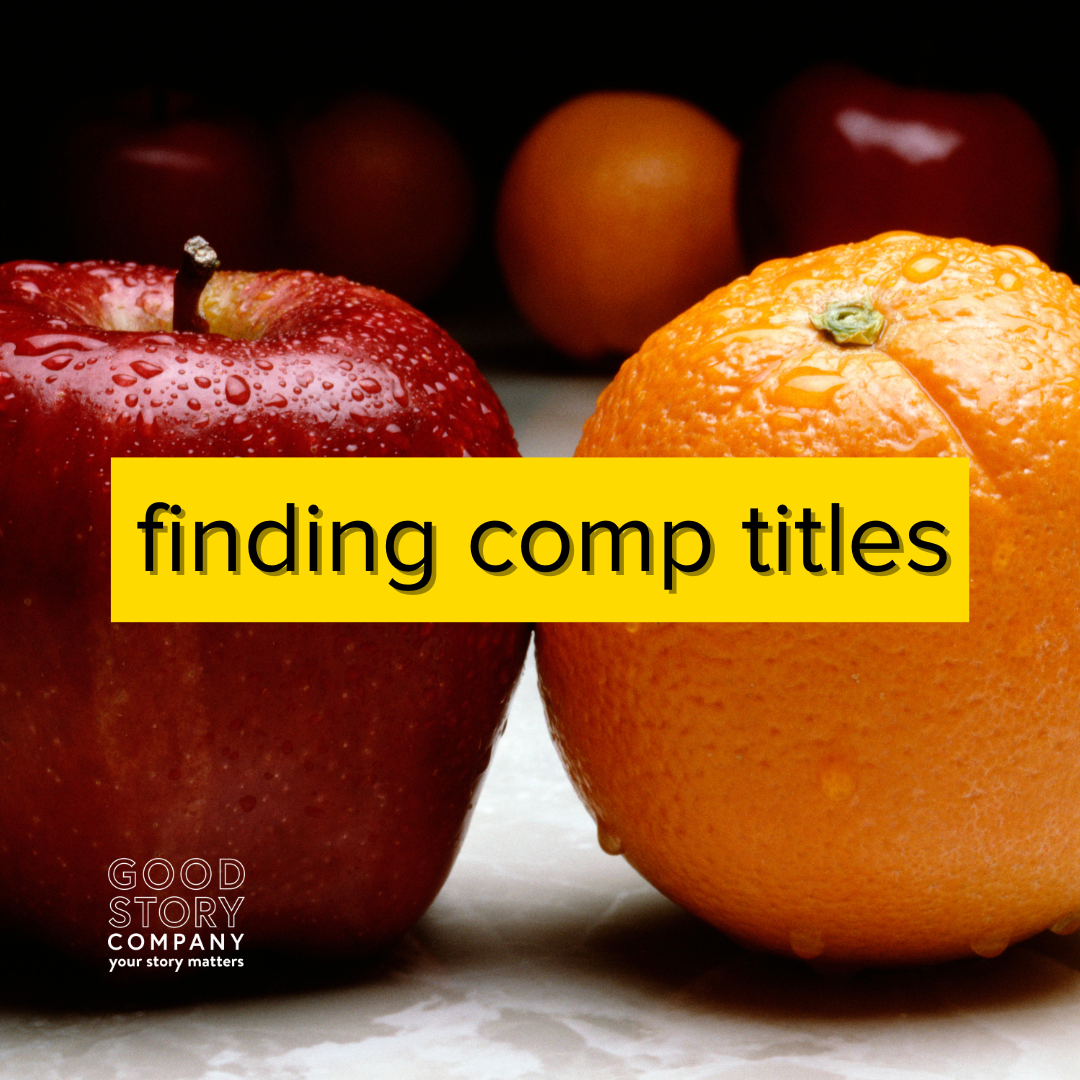
Finding Comp Titles
Coming up with the dreaded comp titles for your query letter or elevator pitch doesn’t have to be a chore. Here’s why you need them and how to make looking for them (a little) more fun.
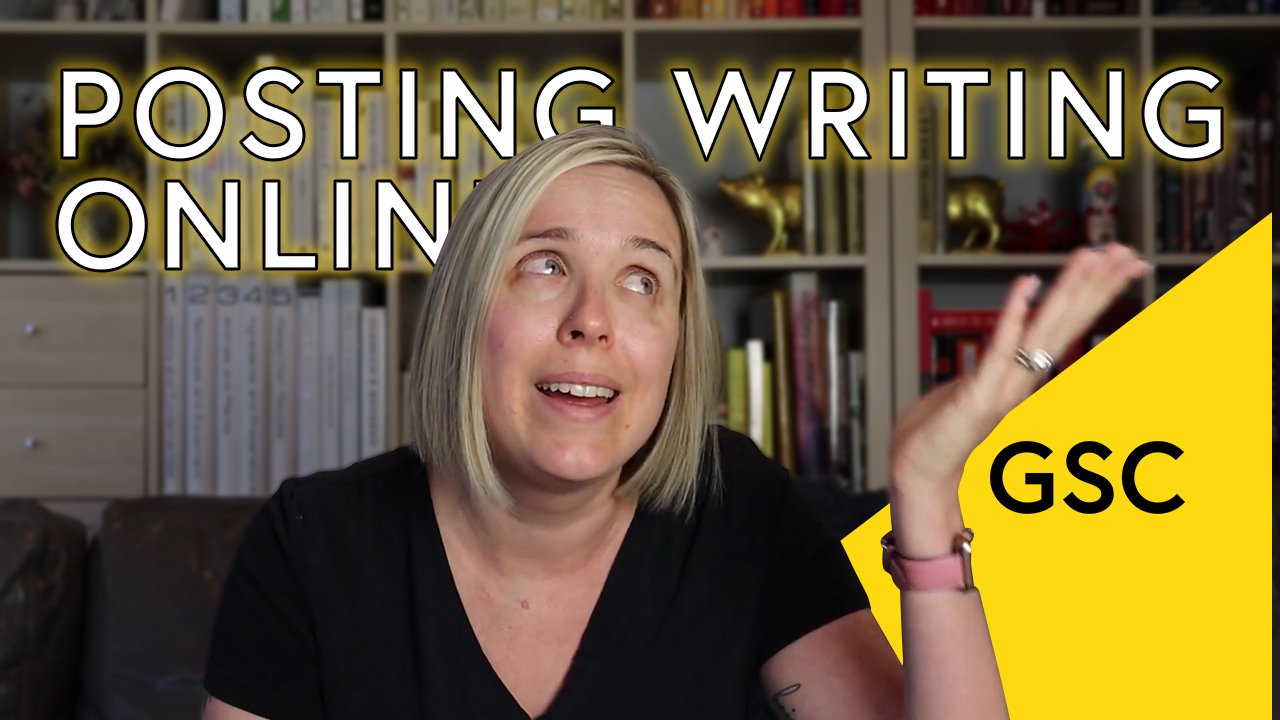
Posting Writing Online
Should you post your writing online to attract attention? What are the risks and benefits? Learn all about posting writing online with this video.

How To Write a Query Letter
One way you might think about how to write a query letter is as a cover letter. It has its own rules and formatting for the literary world, but essentially you are pitching your project to your potential employer. So, what are the rules? How do you start?

The Unagented Submission
Writers are usually advised against braving the publishing world without an agent to represent them. Yet, unagented submissions exist for a reason, and there’s a time and place when they work—when they might even be the best option.
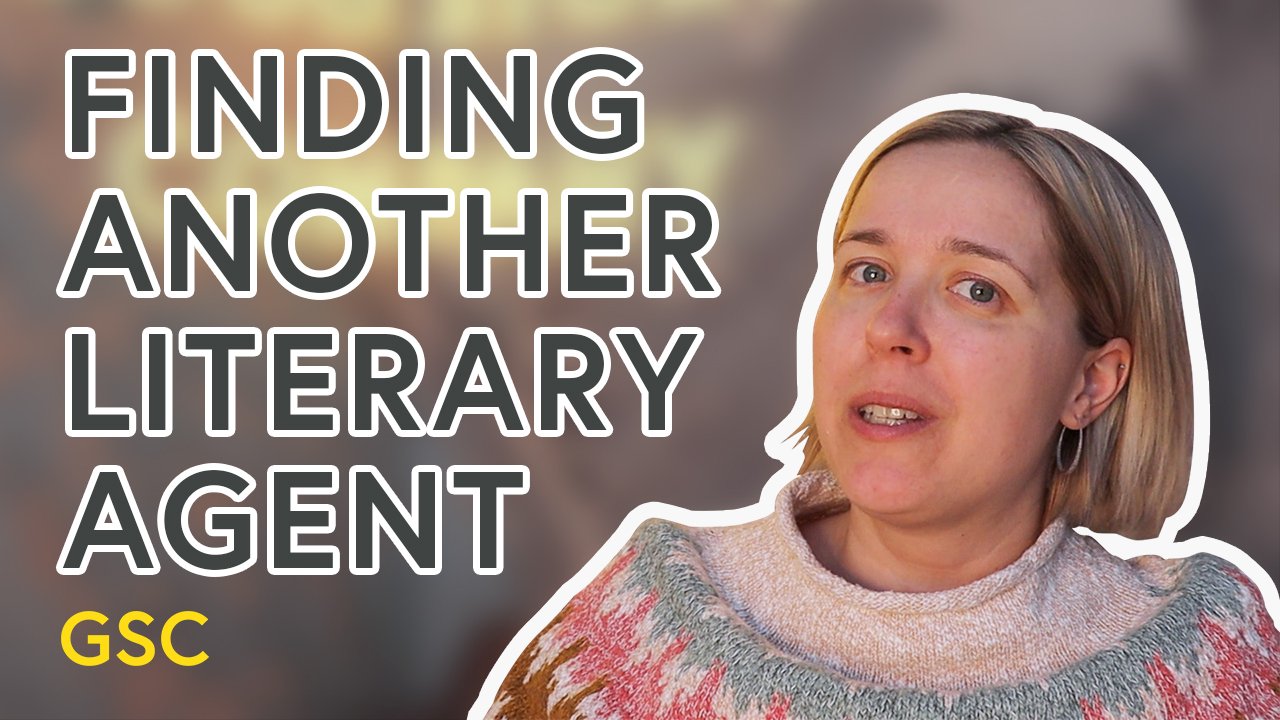
Finding Another Literary Agent
Thinking about finding another literary agent? Here are some tips to help smooth the transition.

Children's Book Illustrator Portfolio
Essential advice for illustrators on building an online home for your art to prepare for querying art reps or literary agents.
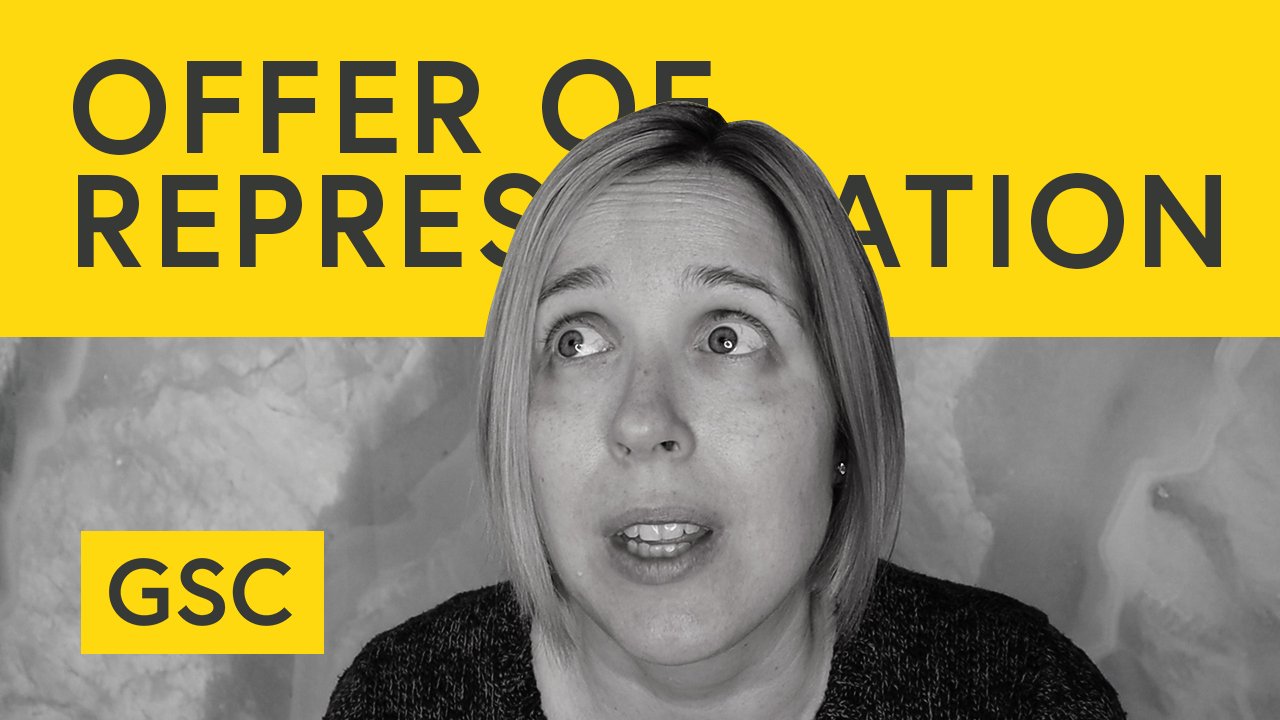
Offer of Representation
You have an offer of representation from a literary agent--now what? Here are some crucial questions to ask before you sign on the dotted line.

Novel Submission
Here's what you need for a strong novel submission package that'll stand out to agents and publishers.
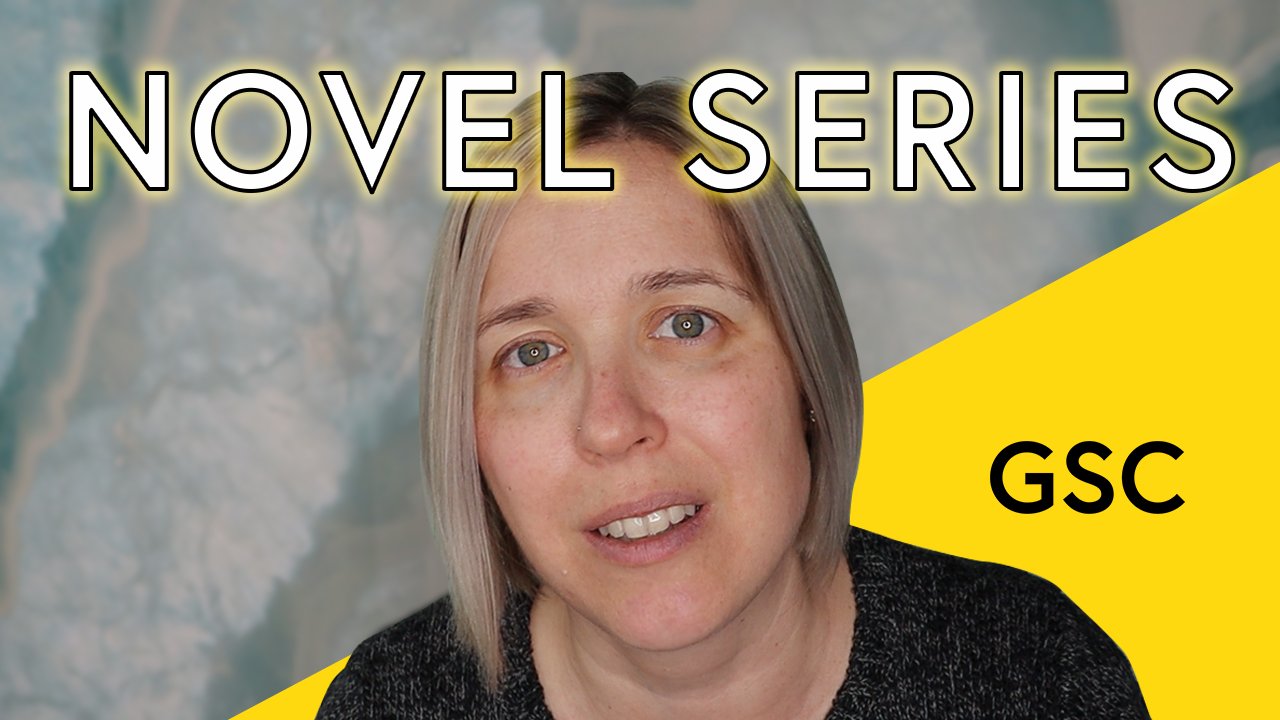
Novel Series
Writing a novel series? Here are some valuable tips on planning and executing your series, as well as how to pitch it to publishers.
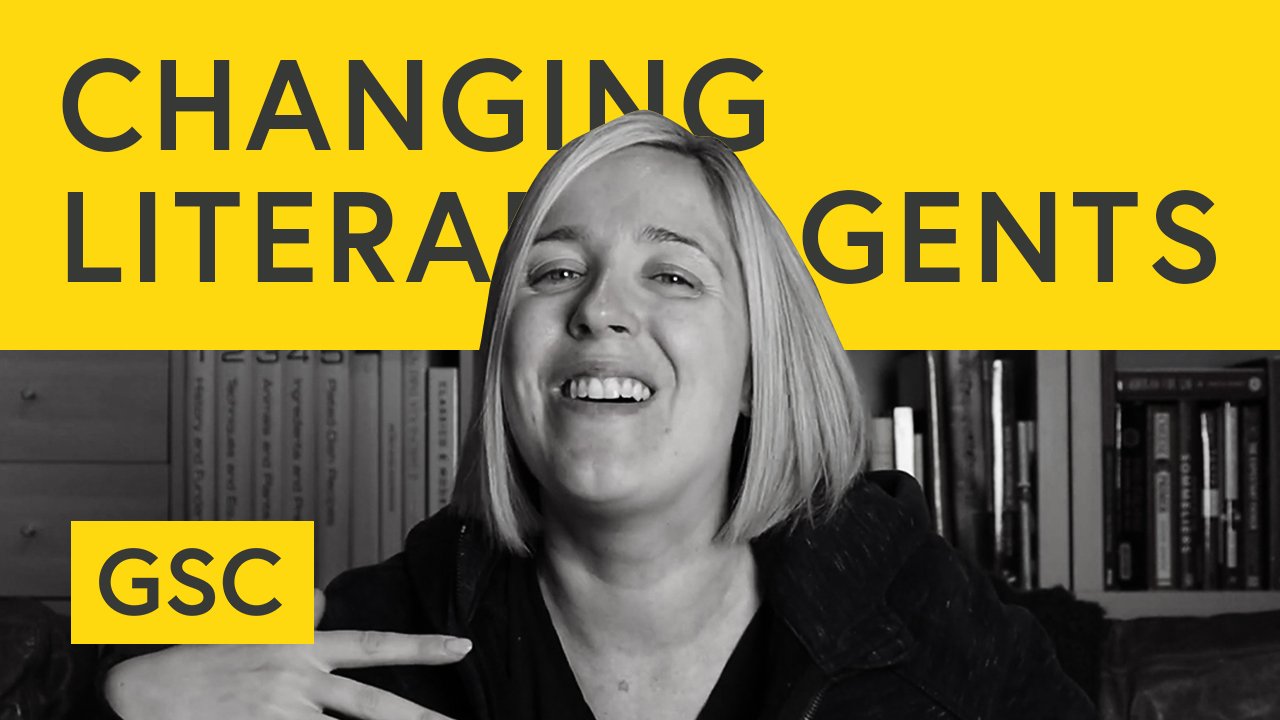
Changing Literary Agents | An Agent’s Perspective
I love talking about switching literary agents because I want to normalize it. I want to make sure that people don't feel alone if and when something happens to them in their agent-writer relationships, because like any relationship, they might not work out the way we anticipate.
